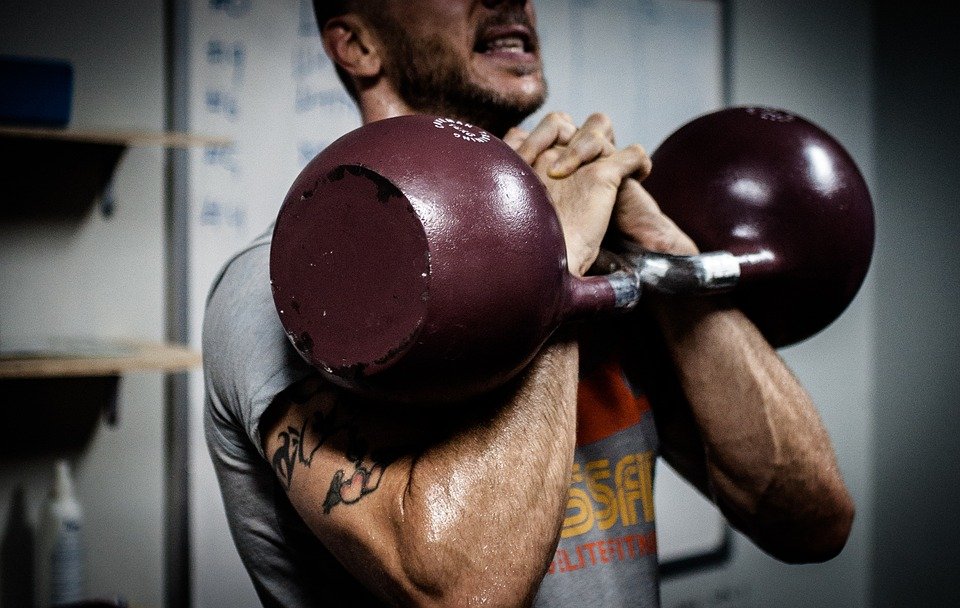Crossfit Nutrition: Fueling Your Body for Maximum Performance
Crossfit is a high-intensity fitness program that focuses on functional movements to improve strength, endurance, and overall fitness. To excel in this demanding workout regimen, proper nutrition plays a crucial role. Fueling your body with the right nutrients before, during, and after your Crossfit sessions can make a significant difference in your performance and recovery.
In this article, we will explore the essentials of Crossfit nutrition, including macronutrients, timing, hydration, and supplementation. We will also address some frequently asked questions to help you optimize your nutrition for maximum performance.
Macronutrients for Crossfit:
1. Protein: Protein is essential for muscle repair and recovery. It is recommended to consume 1.4-2.2 grams of protein per kilogram of body weight daily. Good sources of protein include lean meats, poultry, fish, eggs, dairy products, legumes, and plant-based proteins like tofu and tempeh.
2. Carbohydrates: Carbohydrates are the primary source of energy for intense workouts. Aim to consume 45-65% of your total daily calories from carbohydrates. Opt for complex carbohydrates like whole grains, fruits, vegetables, and legumes, as they provide sustained energy throughout your workout.
3. Fats: Healthy fats are essential for hormone production and overall health. Include sources like avocado, nuts, seeds, olive oil, and fatty fish in your diet. Aim to consume 20-35% of your total daily calories from healthy fats.
Timing is Key:
1. Pre-workout: Fuel up with a balanced meal containing carbohydrates and protein 2-3 hours before your Crossfit session. This allows enough time for digestion and absorption. If you have less time, opt for a lighter snack like a banana or a protein shake.
2. During workout: Hydration is crucial during your workout. Sip on water or a sports drink to maintain optimal performance and prevent dehydration. If your workout exceeds 60 minutes, consider consuming carbohydrates, such as energy gels or sports drinks, to replenish glycogen stores and sustain energy levels.
3. Post-workout: Within 30 minutes of completing your workout, consume a meal or snack rich in carbohydrates and protein to kickstart muscle recovery and replenish glycogen stores. Include a lean protein source and fast-absorbing carbohydrates like a chicken breast with sweet potatoes.
Hydration:
Proper hydration is vital for optimal performance and recovery. Dehydration can lead to decreased strength, fatigue, and impaired cognitive function. Aim to drink at least 8-10 glasses of water per day, and increase your intake during intense workouts or hot weather. Monitor your urine color; pale yellow indicates proper hydration, while dark yellow signifies dehydration.
Supplementation:
While a well-balanced diet should provide most of your nutritional needs, some supplements can enhance performance and recovery. Here are a few commonly used supplements in Crossfit:
1. Whey protein: A convenient and easily digestible source of high-quality protein, whey protein can aid in muscle recovery and growth.
2. Creatine: Known for its ability to increase strength and power, creatine can be beneficial for high-intensity workouts like Crossfit.
3. BCAAs: Branched-chain amino acids (BCAAs) help reduce muscle soreness and promote muscle recovery. They are especially useful during intense training sessions.
FAQs:
Q: Can I lose weight with Crossfit?
A: Yes, Crossfit can be an effective tool for weight loss when combined with a proper nutrition plan that creates a calorie deficit.
Q: Should I follow a specific diet for Crossfit?
A: There is no one-size-fits-all diet for Crossfit. However, focusing on whole, nutrient-dense foods and fueling your body with the right macronutrients is crucial for performance and recovery.
Q: Is it necessary to count macros for Crossfit?
A: Counting macros can be beneficial to ensure you are meeting your nutritional needs, but it is not essential. Listening to your body and consuming a balanced diet can also be effective.
Q: Can I eat carbs while following a low-carb diet?
A: While low-carb diets can be effective for weight loss, they may not provide enough energy for intense workouts like Crossfit. It is crucial to find a balance that suits your needs and goals.
In conclusion, proper nutrition is the foundation for optimal performance and recovery in Crossfit. By fueling your body with the right macronutrients, timing your meals and snacks appropriately, staying hydrated, and considering supplementation, you can maximize your potential and reach new heights in your Crossfit journey. Remember, nutrition is not a one-size-fits-all approach, so listen to your body and make adjustments that work best for you.


